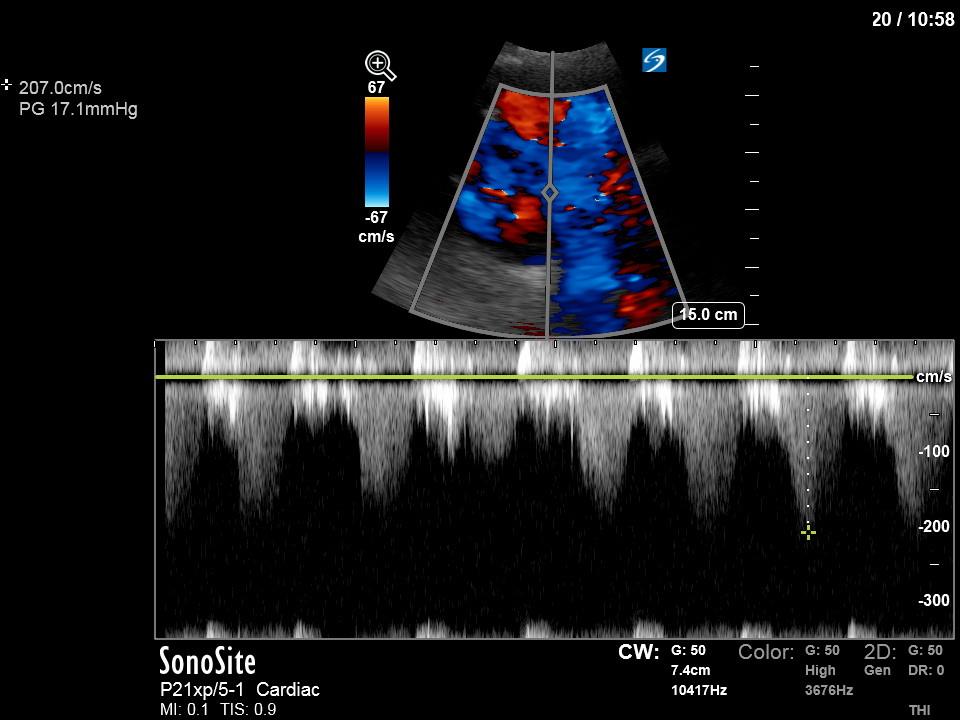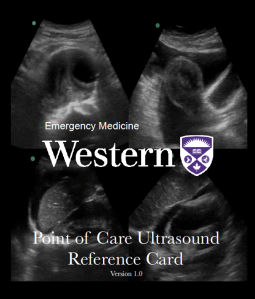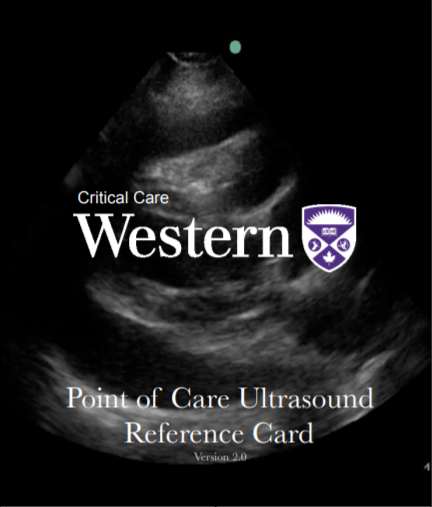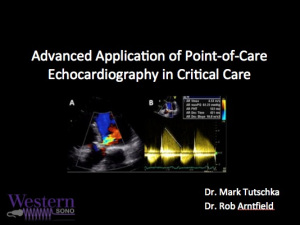Quantitative measurements are generally de-emphasized for POCUS applications. When quantitative measures are used, we are more closely approximating diagnostic level echocardiographic standards and thorough training is generally required. This resource is meant to assist the advanced critical care ultrasound clinician by providing a summary of some core normal/abnormal values, equations and review basic techniques relevant to advanced critical care ultrasonography. It can also be used as a study resource for those preparing for the National Board of Echocardiography Special Competence in Critical Care Echocardiography exam. This resource is intended as an efficient reference and those seeking more in depth review are urged to use the references provided
This pocket-card is handed out at our annual emergency medicine ultrasound course held each July. It highlights key points in scans for AAA, abdominal free fluid, pericardial effusions and the confirmation of intrauterine pregnancies. If you wish to use non-digitally, I suggest you print double sided on to medium card stock and laminate.
It all starts with the basics!
This pocketcard is handed out at our very popular annual critical care ultrasound course held each August. It features quick bullet points guiding you in the use of various cardiac, thoracic and vascular ultrasound applications. If you wish to use non-digitally, I suggest you print double sided on to medium card stock and laminate.
Enjoy!
So you’re feeling comfortable with assessing LV function, RV function, the pericardium, the IVC and some basic valve stuff. What next? What should you focus on to take your critical care echo game to the next level?
For some inspiration, check out this handbook that Dr. Mark Tutschka has put together. It is a nice, succinct guide to some of the advanced applications for echocardiography in the ICU that he (and I) feel are most valuable in the initial venture in to Doppler, grading regurgitation severity and some more quantitative analysis that will help with hemodynamics.
The book can be easily bound in to a pocket-sized handbook. We have some here at Western if you’re interested in a free copy.




